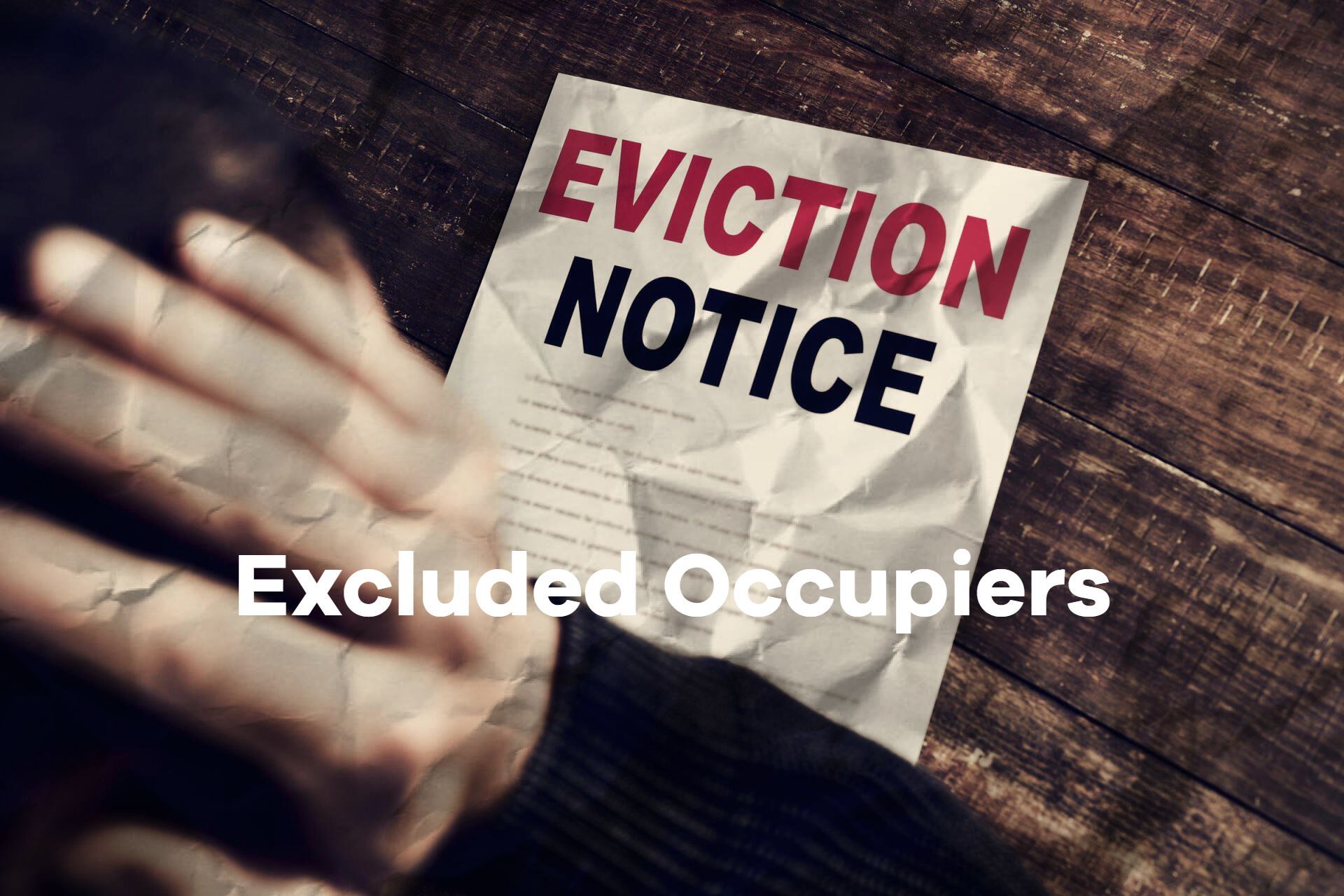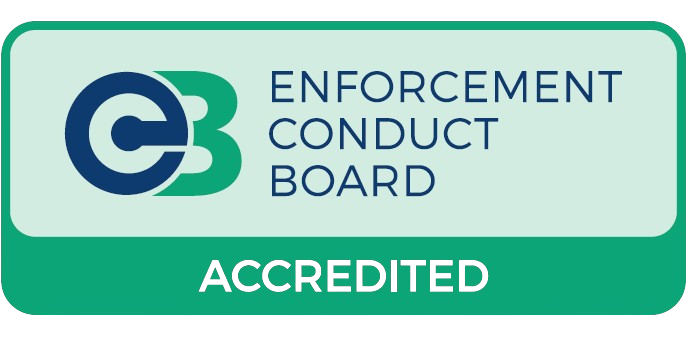NEWS and Updates
🚪 Struggling to Remove Someone from Temporary Housing?

Here's the No-Nonsense Guide to Evicting Excluded Occupiers — Even If You've Never Done It Before
If someone’s overstaying in a room you rent out — and they’re refusing to leave — you don’t need a court order to remove them.
This applies whether you’re a private landlord, housing provider, or you’ve been working with the council under a temporary accommodation agreement.
You’re likely dealing with what the law calls an Excluded Occupier.
Let’s break it down 👇
🏠 What Is an Excluded Occupier?
An Excluded Occupier is someone who lives in your property, typically sharing spaces like the kitchen or bathroom — without having exclusive access to the whole place.
Common examples include:
- Lodgers living in a landlord’s main home
- Residents in HMOs where you also live
- People placed in temporary accommodation by the council — where the council has now discharged its duty to house them
Once the council sends you a notice discharging their housing duty, and the individual remains in occupation, they no longer have protection under the Housing Act 1988. You can legally require them to leave with reasonable notice — no court order needed.
✅ Why Is This Important?
Because it means:
➡️ You can end their stay without going to court
➡️ You’re legally allowed to change the locks
➡️ You don’t need to spend months chasing possession proceedings
But everything must still be done lawfully and professionally — which is where UK Bailiffs come in.
📜 What Notice Do I Need to Give?
You must give reasonable notice — this usually means the same length as their rent/payment cycle (e.g. 1 week if they paid weekly).
The notice should be:
✔️ In writing
✔️ Clearly dated
✔️ State when they must leave
If they don’t leave after that period — you’re within your rights to evict them.
🚫 What If They Refuse to Leave?
That’s where we step in.
At UK Bailiffs, we specialise in the lawful removal of excluded occupiers. We can:
- Serve written notice
- Visit the property with professional enforcement agents (Bailiffs_
- Remove the occupier peacefully and legally
- Arrange lock changes if necessary
- De-escalate confrontations and protect your property
⚖️ Is It Legal?
✅ Yes —
if done correctly.
You
cannot use physical force, but you
can change the locks after reasonable notice has expired.
By using professional enforcement agents, you avoid unlawful eviction risks and protect yourself from legal repercussions.
🚀 Why Use UK Bailiffs?
At UK Bailiffs, we’ve helped hundreds of landlords, letting agents, and housing providers evict overstaying occupants — fast and lawfully.
💼 Experienced in council discharge cases
💼 No court paperwork needed
💼 Same-day attendance available
💼 Low fixed-fee options
💼 All actions documented
From temporary housing to difficult lodgers, we handle the stress so you don’t have to.
📦 What We Need to Get Started
Getting started is easy — just send us:
- Any written agreement (if available)
- Details of how the person has been housed
- A copy of the discharge of duty notice from the council (if relevant)
- Their name and the address
We’ll take it from there — legally and professionally.
📣 Don’t Let Someone Hijack Your Property
If someone refuses to leave after the council ends their housing duty, or if you have a lodger who won’t move out — you are legally allowed to act.
🎯
Need help fast?
Visit our eviction page:
👉
https://www.ukbailiffs.co.uk/eviction-from-temporary-housing
📞 Or call our enforcement team today for expert advice.








